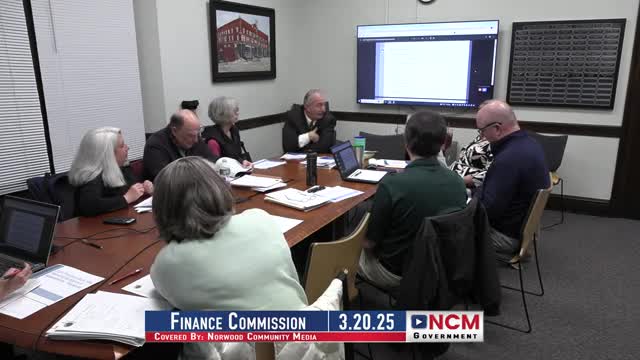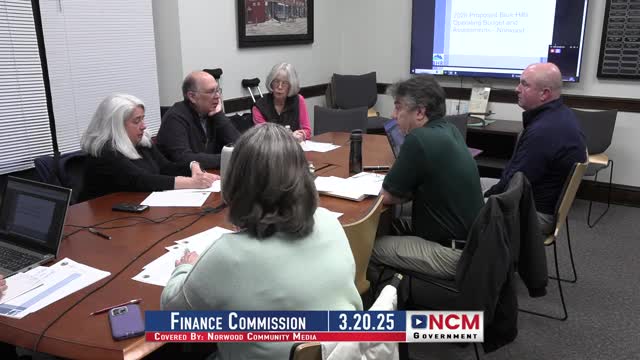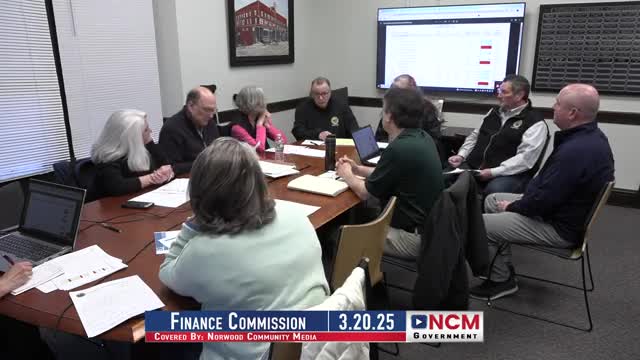Article not found
This article is no longer available. But don't worry—we've gathered other articles that discuss the same topic.

Blue Hills preliminary FY26 budget seeks $27.72 million; Norwood assessment declines with lower enrollment

Finance Commission schedules FY26 operating vote for next week; discusses free‑cash uses, capital and pension reserve options

